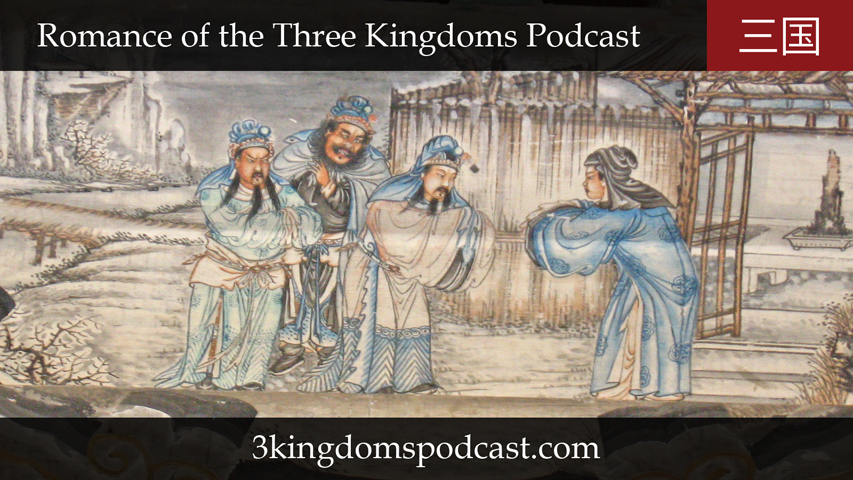
Last April, on somewhat of a whim, I started a podcast where I try to tell the story of the Chinese classic Romance of the Three Kingdoms in a way that is more accessible to a Western audience. It’s been a little over a year and I’m still going strong, 38 episodes into what’s looking like a roughly 150-episode undertaking. Thanks to the success of “Serial” (which I still haven’t listened to) thrusting podcasts into the mainstream, I can now say I was podcasting before podcasting was cool.
Here are some things I have learned in my year podcasting.
It’s the relationship with listeners that keeps you going.
I’ve said this a few times on my podcast, and I’ll say it again here: The listeners are the ones that make this venture worthwhile. I don’t make any money from it, and it doesn’t really tie into my professional work, so it’s not really a professional promotion vehicle. There are weeks where it’s tough to get up the motivation to put in the hours to write the script, record the episode, and produce all the supplemental material. That’s when a thank-you note from a listener who sounds so happy to discover your little corner of the Internet really gives you the little boost you need to keep going.
All good things should end.
This podcast will end when we reach the end of the novel. The simple knowledge of that fact is important because I know this is a finite commitment and I can measure my progress toward living up to that commitment. If this project had no clear ending, then I would feel less obligation to stick with it through the lulls.
Setting a publishing schedule that includes a regular break was a really good idea.
I set out to publish three episodes a month, and that monthly off week has been crucial in helping me avoid burnout. I’ve said this before: When you know starting out that you’re embarking on a project that will take four-plus years, what’s a few more months if it means ensuring you keep your sanity and enthusiasm for the project?
Shorter is better.
The first couple episodes clocked in at almost 40 minutes and felt really long during production and when I listened to them. I’ve since cut back to 30 minutes, and the episodes now feel snappier, and I don’t sound like I’m about to fade away by the end.
Thank you, Romance of the Three Kingdoms video game franchise!
I can’t begin to tell you how many comments or emails I have received from people who discovered the show that include something along the lines of “I got into ROTK through the video game and have been interested in learning more about the novel ever since.”
Confession: I’ve never played any games from that franchise, but maybe I should start.
I’m learning new things about the novel, too.
I’ve read the novel many times since childhood, but when you are doing a show on the book, you have to read it and research it in a much closer way, and I’m discovering new nuggets of insight into particular passages and characters.
Apple rules podcasts.
More than 65 percent of the clients used to listen to my show is some kind of Apple product, and 50 percent of all downloads come on an Apple platform (including 41 percent on iOS).
That said, I think it’s still important to make your show available on other platforms. For instance, I’ve had a number of people discover the show through its YouTube channel. Adding the show to various podcasting networks also helps improve the site’s search engine rankings.
iTunes’s listings are messed up.
I’m not griping because of where the show is ranked in iTunes’s listings. I knew starting out that a podcast on a subject as specific as this would naturally have a smaller potential audience. However, it would be good to know more about where the show ranks in the listings and why. Generally, it seems like the show is in the low 100s under the History section of podcasts on the iTunes Store, but probably 40 percent of the time when I go into that section, I don’t see the show listed at all. Then I leave the section and come back, and it’s back in its usual spot. Maddening.
